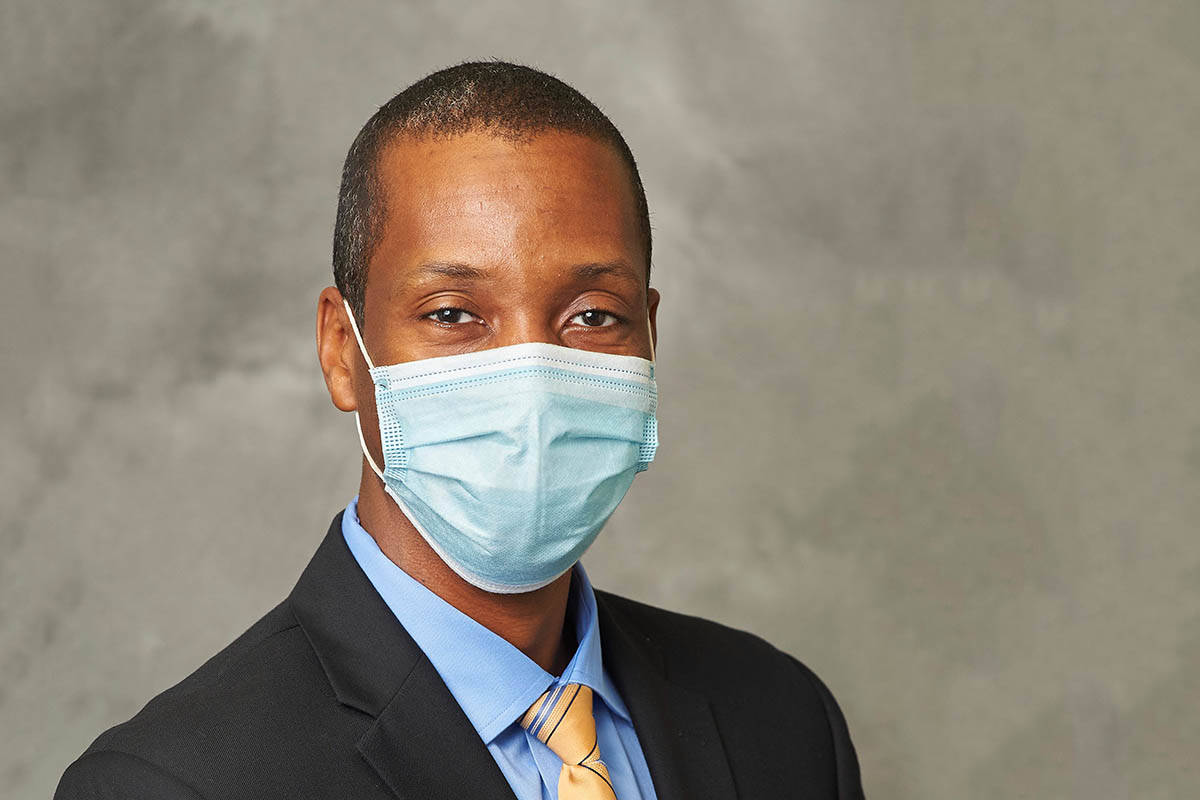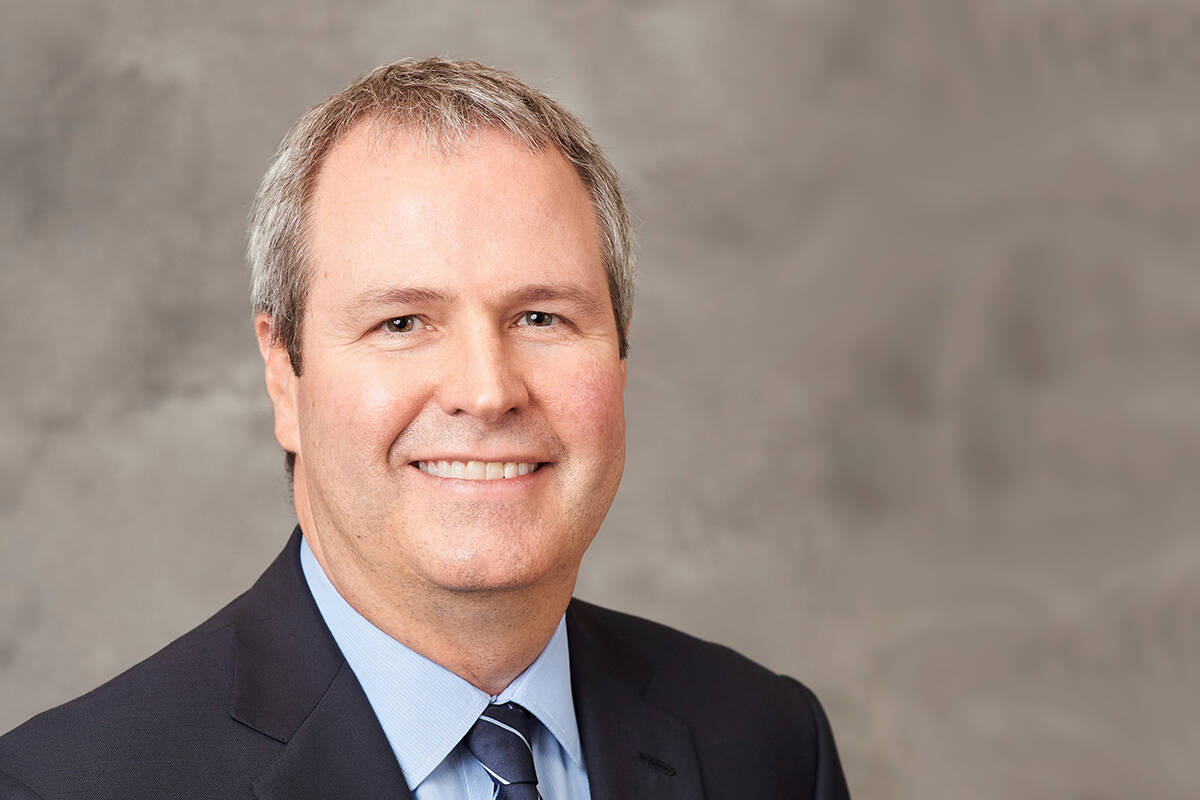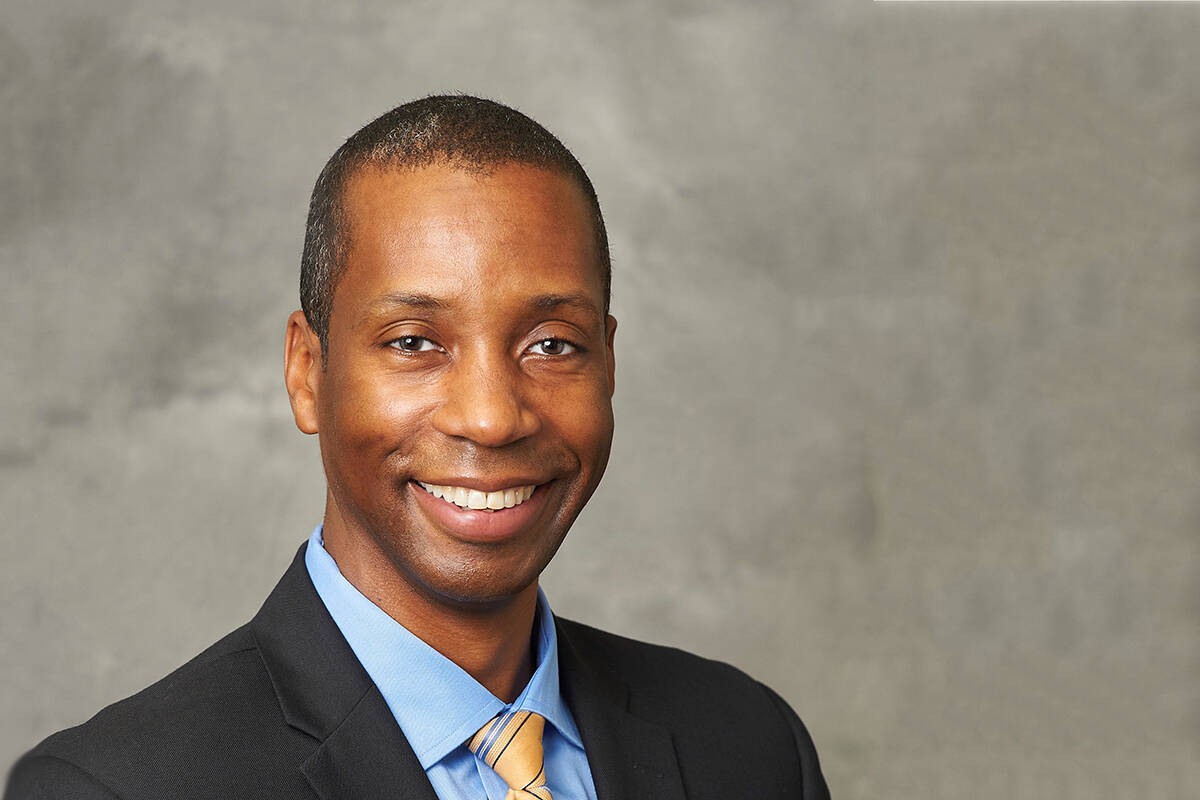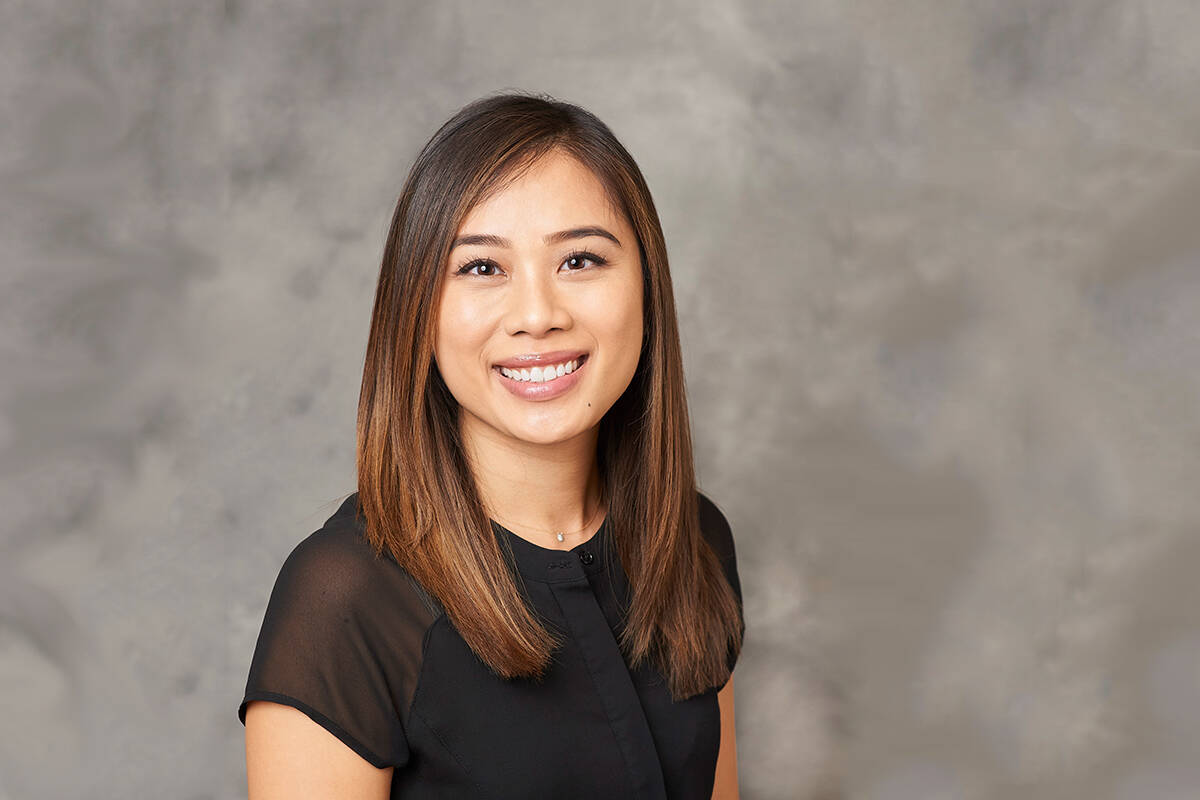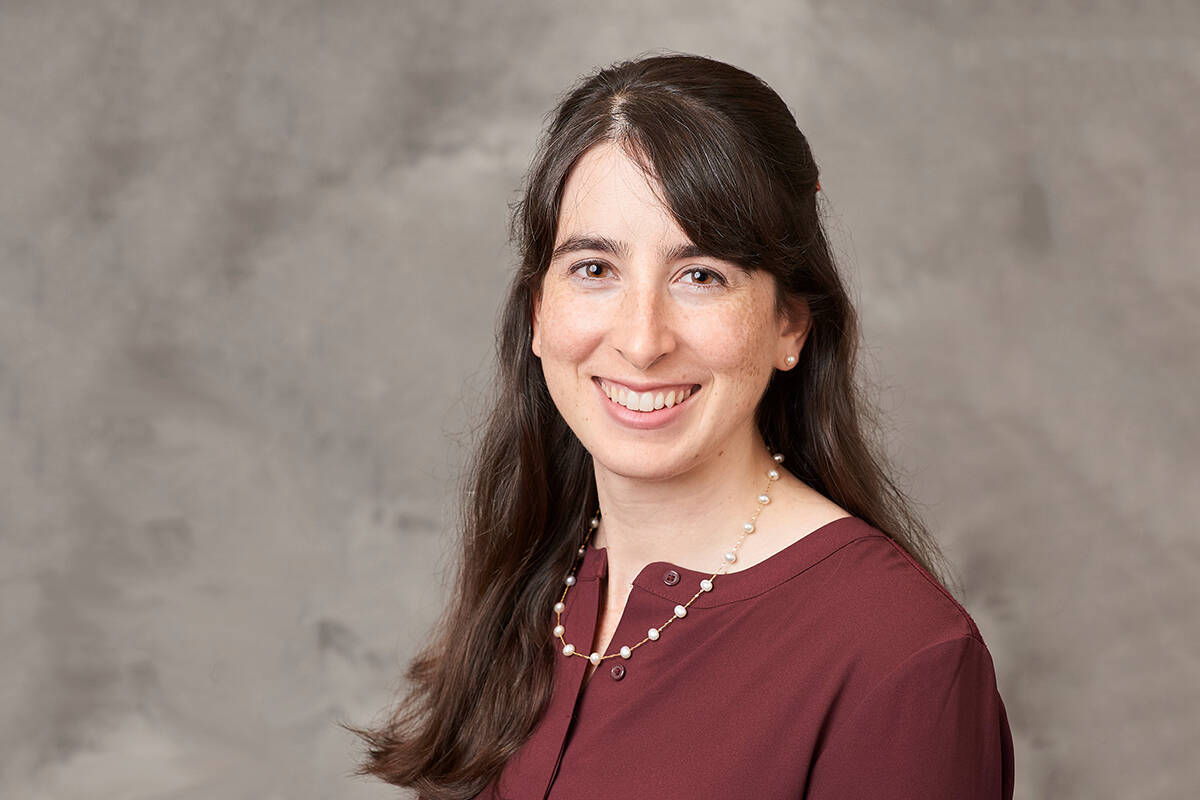Dr. Kerlan Wolsey has always been fascinated with human physiology. Whether he’s testing his own limits mountaineering to the summit of a Washington volcano, or helping one of his pulmonology patients at Pacific Medical Centers (PacMed) Canyon Park and First Hill, the resilience of our bodies continues to surprise and inspire him.
“I’m repeatedly amazed at how the body works,” he says. “It’s a complex machine that’s buffeted by our environment and our behavior, but it continues to perform.”
Before Dr. Wolsey pursued medicine he was a certified Fitness Trainer as part of his military training, where he saw firsthand how the body responds to exercise and recovers from injury. His passion for exercise physiology eventually led him to pulmonology and critical care, and his fascination with the body’s systems only grew when he started working in trauma medicine.
“It was eye-opening. Human beings are tough! There are medical limitations, but it’s been amazing to see patients recover from serious injuries. Our bodies can sustain a surprising amount of trauma and still find ways to keep living,” he says.
Helping patients breathe easier
As a pulmonologist with PacMed, Dr. Wolsey helps patients manage diseases related to the lungs and the respiratory system, including asthma, lung cancer and chronic obstructive pulmonary diseases (COPD) like chronic bronchitis and emphysema.
Pulmonologists also treat the long-term effects of respiratory infections like COVID-19.
“Respiratory infections have been on pulmonologists’ radar for a while, and we’ve gained experience from H1N1, MERS and the first SARS outbreak in 2003. In my current practice I’ve helped outpatients with the long-term effects of COVID-19, including shortness of breath and fatigue.”
When it comes to COVID-19 and your health, Dr. Wolsey’s advice is simple:
“Please continue to wear your masks. COVID-19 is not going away anytime soon, and the risks continue. Masks are necessary, and proven to reduce transmission.”
Climb every mountain
Dr. Wolsey found his way to pulmonology through his passion for exercise physiology, and he found his way to mountaineering and climbing through his passion for the outdoors.
“I’ve always been an avid hiker and got into climbing and mountaineering when I moved to the playland of the Pacific Northwest. I just started hiking higher and higher — it’s addictive!”
He says it’s common to experience mild altitude sickness when going from sea level at Puget Sound to altitudes over 5,000 feet, but with proper training and fitness it’s possible to adapt.
“It’s not necessarily the altitude but the change in altitude that impacts your physiology. Being physically fit helps a lot, as does training with one of the many local organizations to know what to do when you recognize the symptoms of altitude sickness.”
Learn more about Dr. Wolsey’s practice at www.PacMed.org. Call 1-888-472-2633 to schedule an appointment at either Canyon Park in Bothell or First Hill in Seattle.
